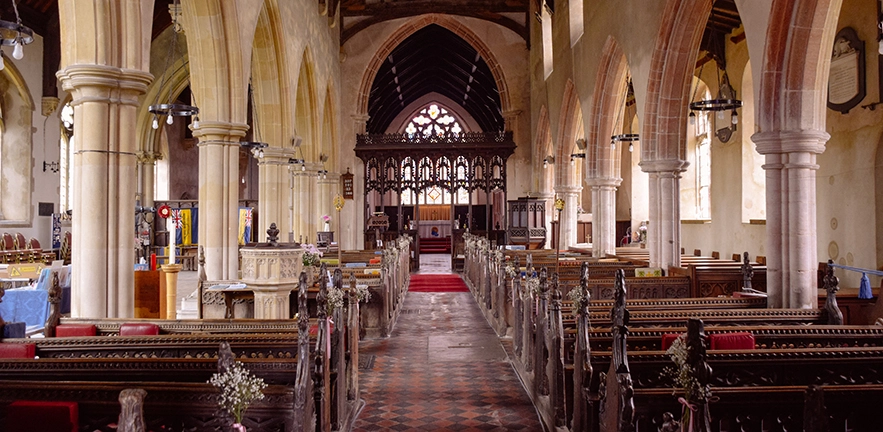
Should We Be Calling Ourselves Christians?
AlexJones
- 0
- 416
This is a question that has been on my mind since a friend asked me this over a year ago. At the time, I answered it as best I could and then it cropped up again during missions school when one of our teachers told us he prefers not to call himself a christian mysticism because of what the word actually means. It was at this point that I felt challenged to try to understand what it means more and more. Recently, I have begun an in depth study of Jesus’ infamous Sermon on the Mount in an attempt to further understand what it means to be a “Christian”.
The word “Christ” means, “anointed one”. It is in reference to the prophesies found throughout the Old Testament proclaiming the coming of a Chosen One or Anointed One (of God) who would save the Jews along with everyone else in the world. Christians or “Christianos” in the original Greek refers to those who are not just followers of the teachings of the anointed one, but in fact follow Him so closely that they are like Him. This is where we get the term “Christlike” or “Christlikeness”. Moreover, we find the first reference of this term in Acts 11:26 when Luke was describing the growth of the body of followers of Jesus’ teachings, “And for an entire year they met with the church and taught considerable numbers; and the disciples were first called Christians in Antioch.” Previously, the disciples or followers of Jesus were identified as being of “The Way,” (found earlier in the Book of Acts) a reference to how different they acted in response to the rest of the world. At the time, there was much confusion about these folks, as it was uncertain whether they were a sect of Judaism, a separate cult altogether, or just a group of people who merely exposed everyone else’s hypocrisy because they acted differently than everyone else.
I don’t like calling myself a Christian anymore. I believe we have watered down what it means to be a Christian so that it is the same as choosing a political party by which you prefer to identify yourself. You may not agree with everything it says but it resembles you closest because of its tenets, that many self-proclaimed Christian groups “do good things,” that it is the religion your family claims, or simply that you believe in a higher power but don’t agree with what other religions say or do. I’m not saying that I don’t like calling myself a Christian because of how other self proclaimed Christians behave. I prefer not to proclaim to be a Christian because quite frankly I don’t know if I rate the title. There are two things that I have witnessed as of late that are probably the reason for me writing this now.
The other day I noticed a Facebook post that revealed someone’s thoughts that they relate “Christianity” with hypocrisy. Quite frankly this ticked me off… but not because it was said; rather because it was mostly true. Secondly, I heard an American man in a Guatemalan coffee shop speak about the girl behind the counter as such: “She acts like a sweet little innocent Christian girl but some of the stuff that comes out of her mouth… man, I love a sinner!” I actually had to stop what I was doing and let it soak in for a minute to make sure I fully comprehended what I had heard.
One of the things that has bothered me for some time is the clear distinction between religion and being a follower of Christ. I’ve written a few times on this subject so I will refrain from digging into it a whole lot here. I understand that religion is the world’s way of describing people who have faith in something. It has even gone so far to represent someone’s way of living (even if it isn’t related to faith in a higher power) such as, “that guy works out religiously.” If we look at the teachings of Jesus, however, specifically His interactions with the Pharisees and religious giants of the time, He teaches against religion! What they believed and taught in that time was the result of them making their own way to create a system which made them gods instead of recognizing their need for God. It was a tricky scheme because they used the tenets passed down from the Law and the Prophets (what we find in today’s Old Testament), but they made it revolve around themselves instead of God. So what have we done with Jesus’ teachings against religion? We’ve made religions out of them!
